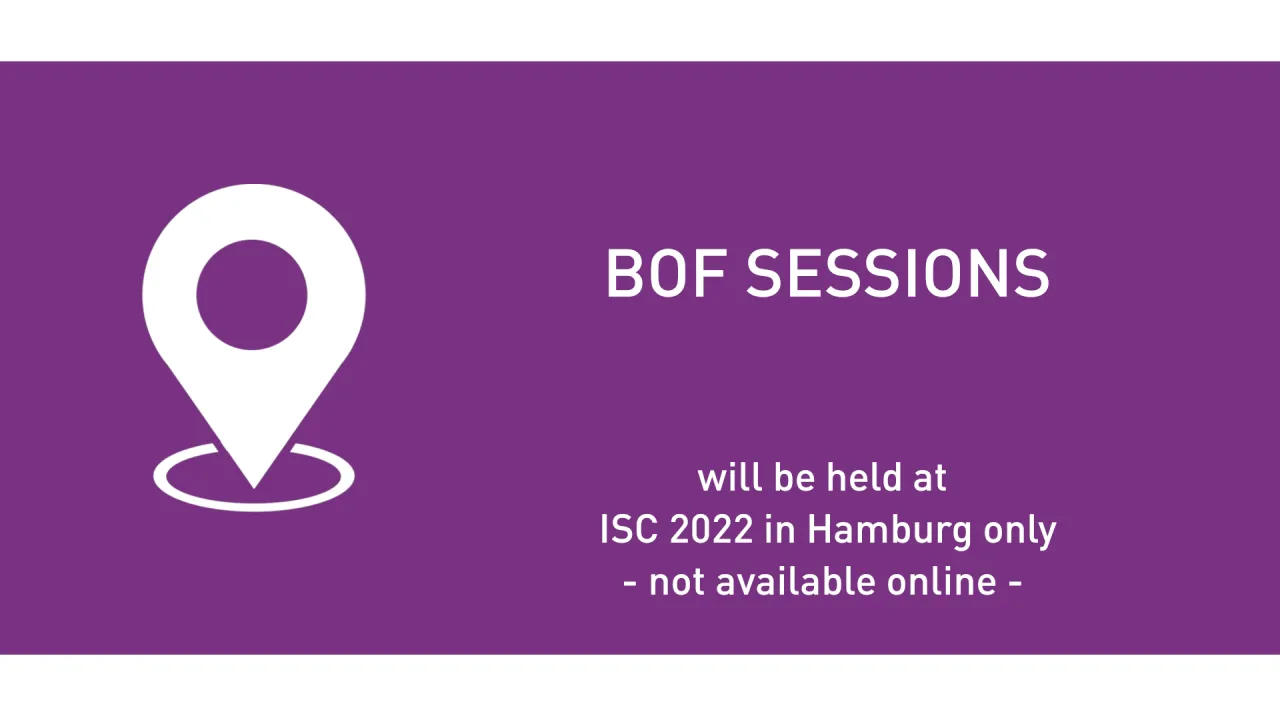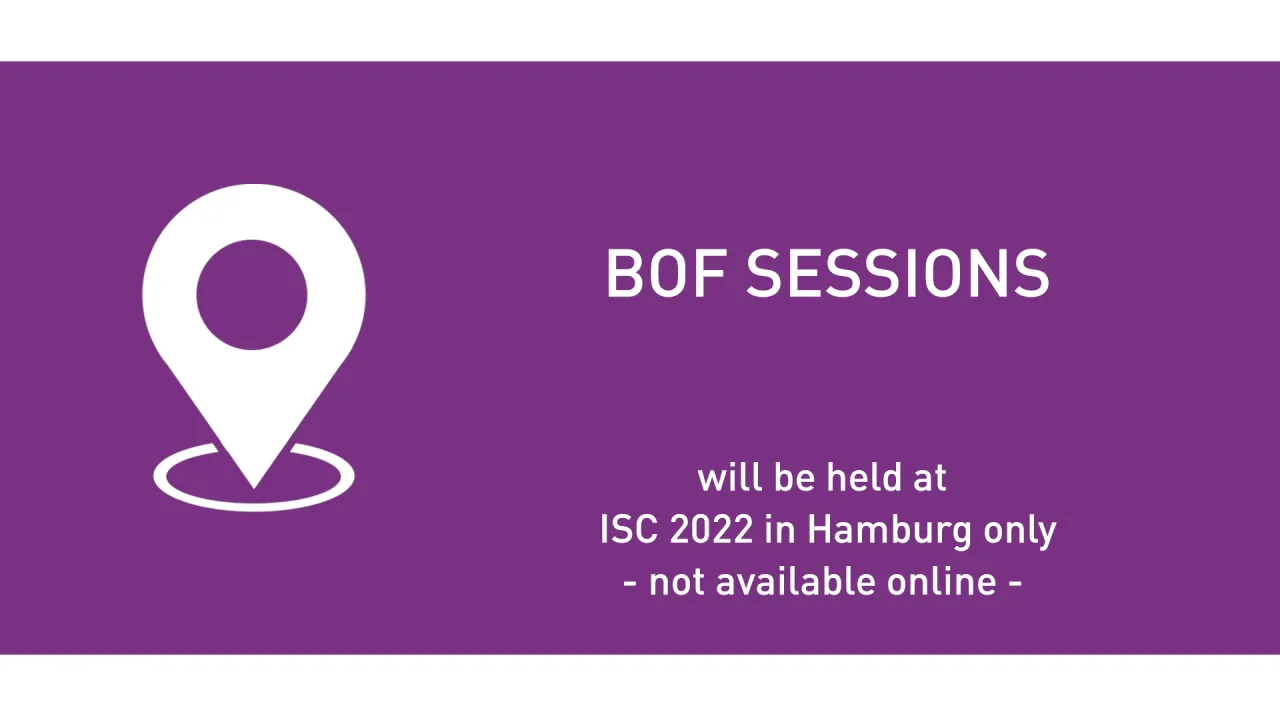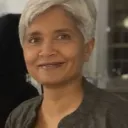

Software Engineering and Reuse in Modeling, Simulation, and Data Analytics for Science and Engineering
Wednesday, June 1, 2022 2:30 PM to 3:30 PM · 1 hr. (Europe/Berlin)
Hall D - 2nd Floor
Information
Software engineering (SWE) for modeling, simulation, and data analytics for computational science and engineering (CSE) is challenging, with ever-more sophisticated and higher fidelity simulations of ever-larger and more complex problems involving larger data volumes, more domains, and more researchers. At the same time, the pace of change and level of diversity in platform architectures have increased dramatically. CSE software developers already facing scientific demands for “bigger, better, and faster” modeling and simulation capabilities, entailing larger, more multidisciplinary and geographically dispersed development teams, must now also contend with significant architectural changes. Further, increases in data volume and complexity, and the increasing integration of “big data” (analytics & AI/ML) infrastructures (both hardware and software) raise additional SWE challenges. We invest a great deal in creating these codes, but rarely talk about that experience; we just focus on the (scientific) results.
We believe this situation has the makings of a serious software crisis in CSE on HPC, which we ignore at our own expense in scientific productivity and opportunity, therefore we seek to raise awareness of SWE for CSE on supercomputers as a major challenge, and to develop an international “community of practice” to continue these important discussions outside of workshops and other “traditional” venues.
This BoF provides an opportunity for people concerned about this topic to share existing activities, discuss how we can expand and improve on them, and share the results. Presentations and discussion notes will be made available to the community at the BoF series website, http://bit.ly/swe-cse-bof.
Contributors:
We believe this situation has the makings of a serious software crisis in CSE on HPC, which we ignore at our own expense in scientific productivity and opportunity, therefore we seek to raise awareness of SWE for CSE on supercomputers as a major challenge, and to develop an international “community of practice” to continue these important discussions outside of workshops and other “traditional” venues.
This BoF provides an opportunity for people concerned about this topic to share existing activities, discuss how we can expand and improve on them, and share the results. Presentations and discussion notes will be made available to the community at the BoF series website, http://bit.ly/swe-cse-bof.
Contributors:
- Anshu Dubey (Argonne National Laboratory)
- Weronika Filinger (EPCC, The University of Edinburgh)
- Mozhgan Kabiri chimeh (NVIDIA)
- Jonathan Dursi (University Health Network)
- Marion Weinzierl (Durham University)
- David Bernholdt (Oak Ridge National Laboratory)
Format
On-site
Speakers

Anshu Dubey
Senior Computational ScientistArgonne National Laboratory, University of ChicagoWF
Weronika Filinger
Project ManagerEPCC, The University of Edinburgh
Mozhgan Kabiri Chimeh
GPU Developer AdvocateNVIDIAJD
Jonathan Dursi
Staff ScientistUniversity Health NetworkMW
Marion Weinzierl
Senior Research Software EngineerDurham University, N8 CIR